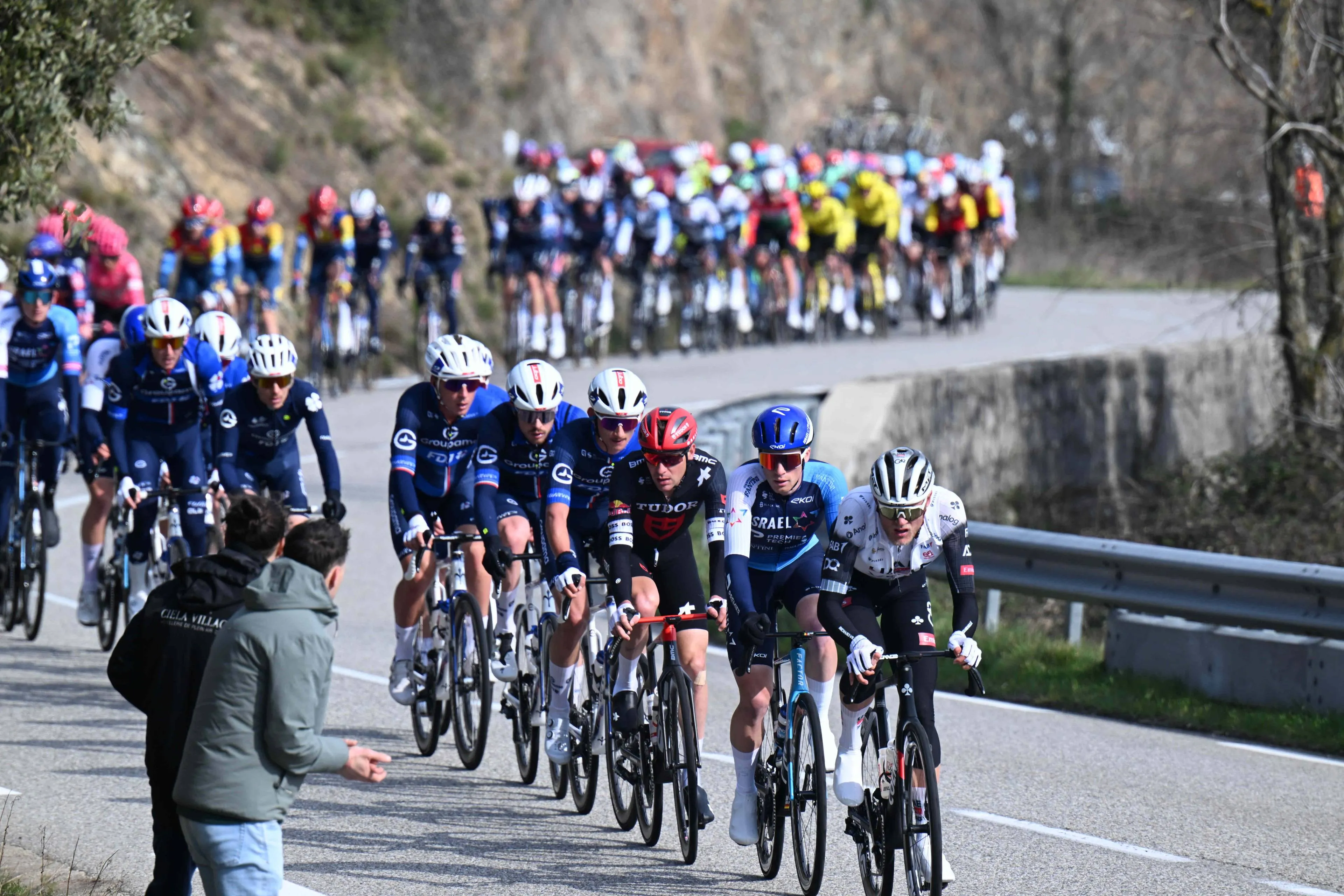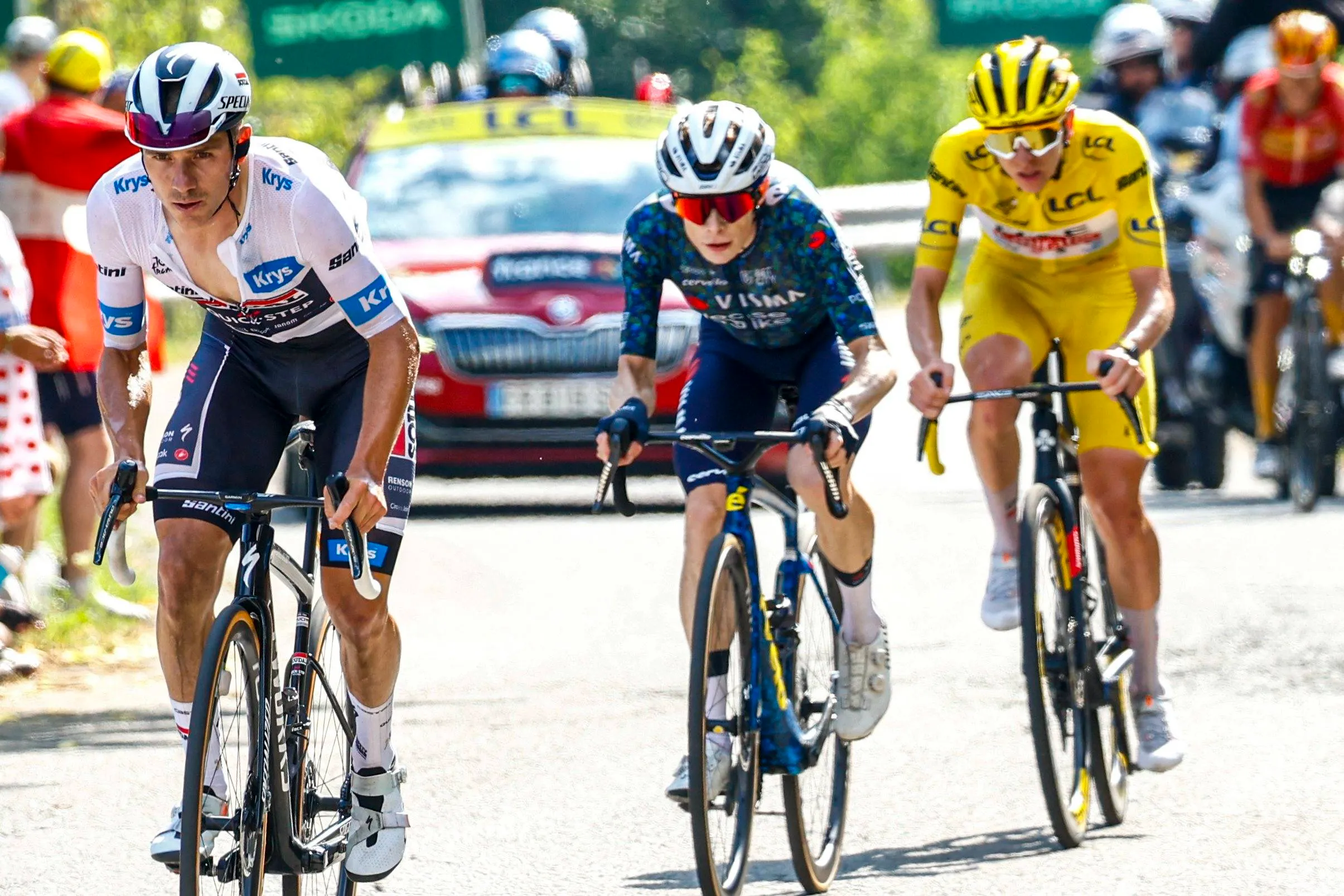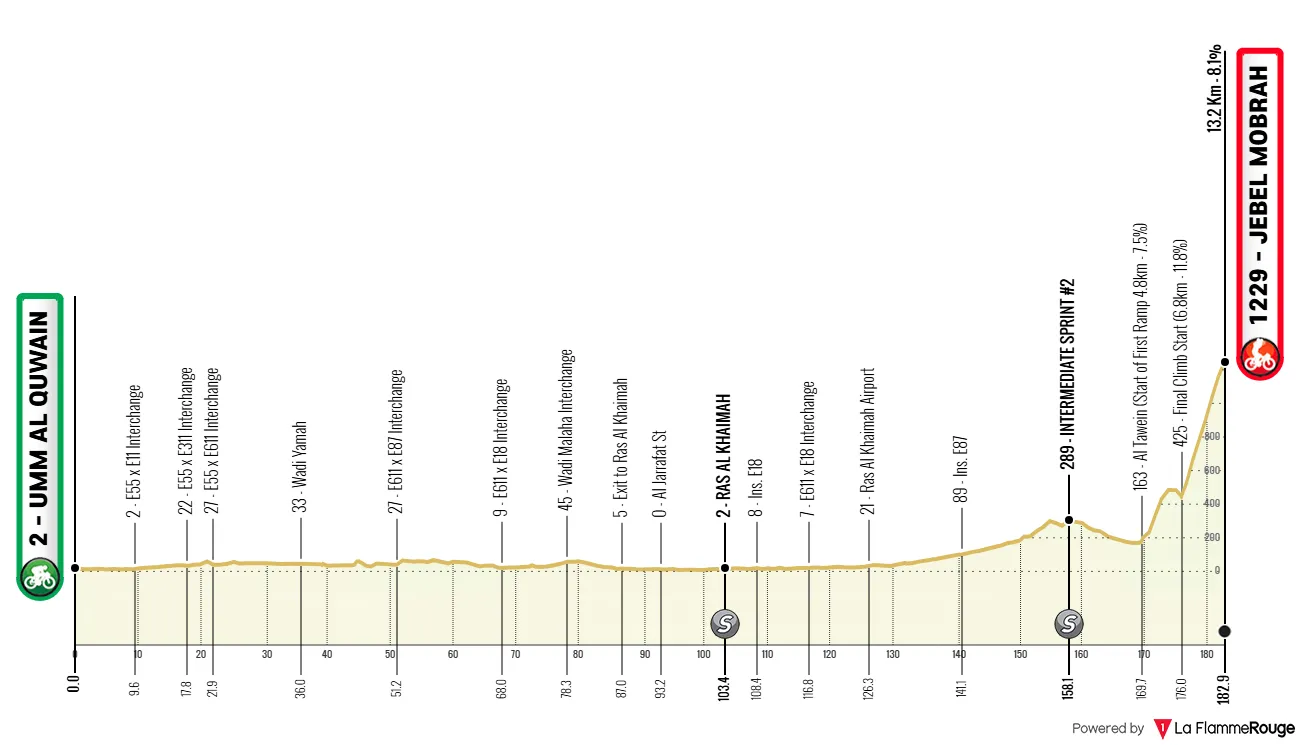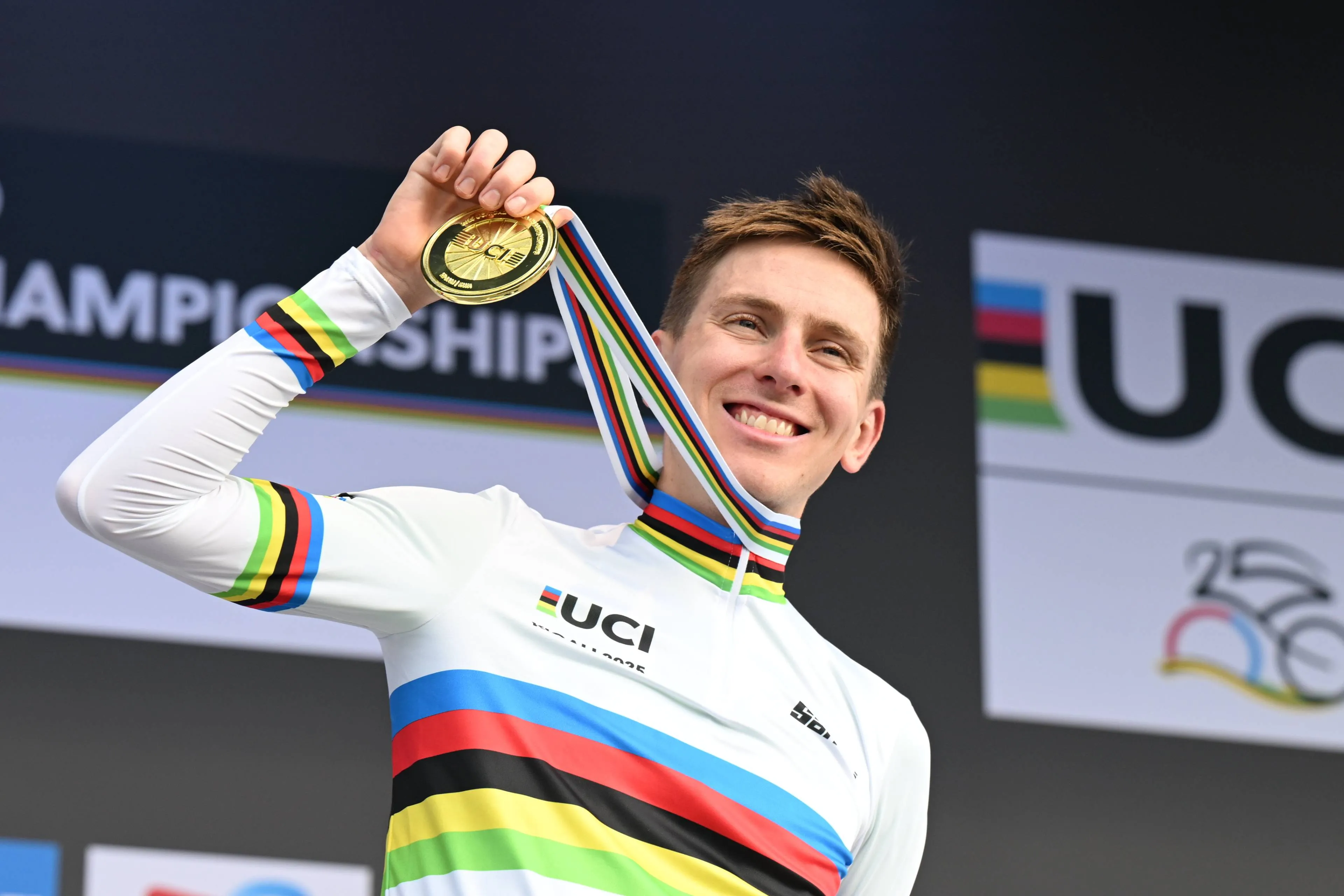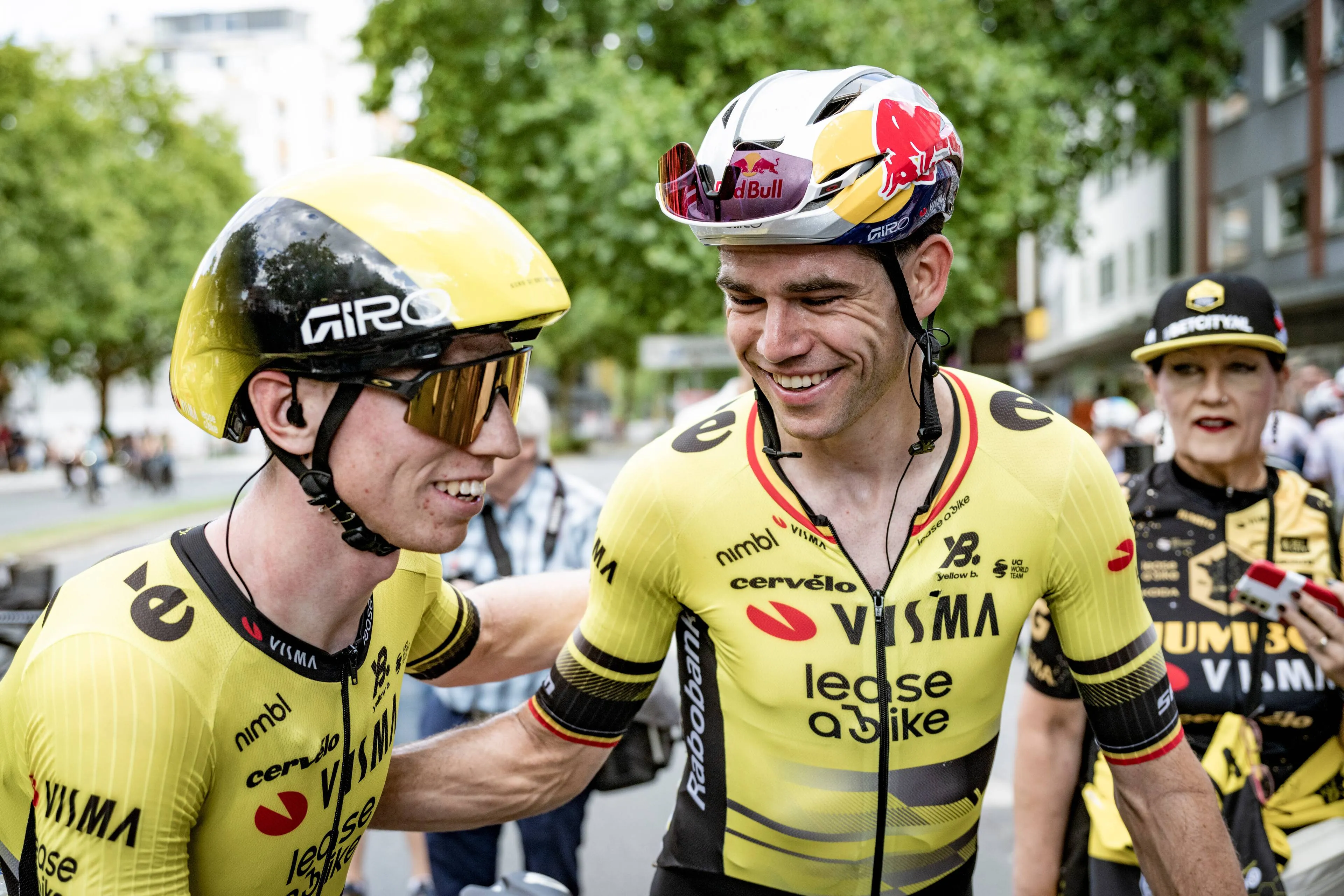"When you see what Pogačar does, it’s obvious we have to try to understand it" - Visma coach on Pogacar's 'new skill'
CyclingSunday, 08 June 2025 at 09:08
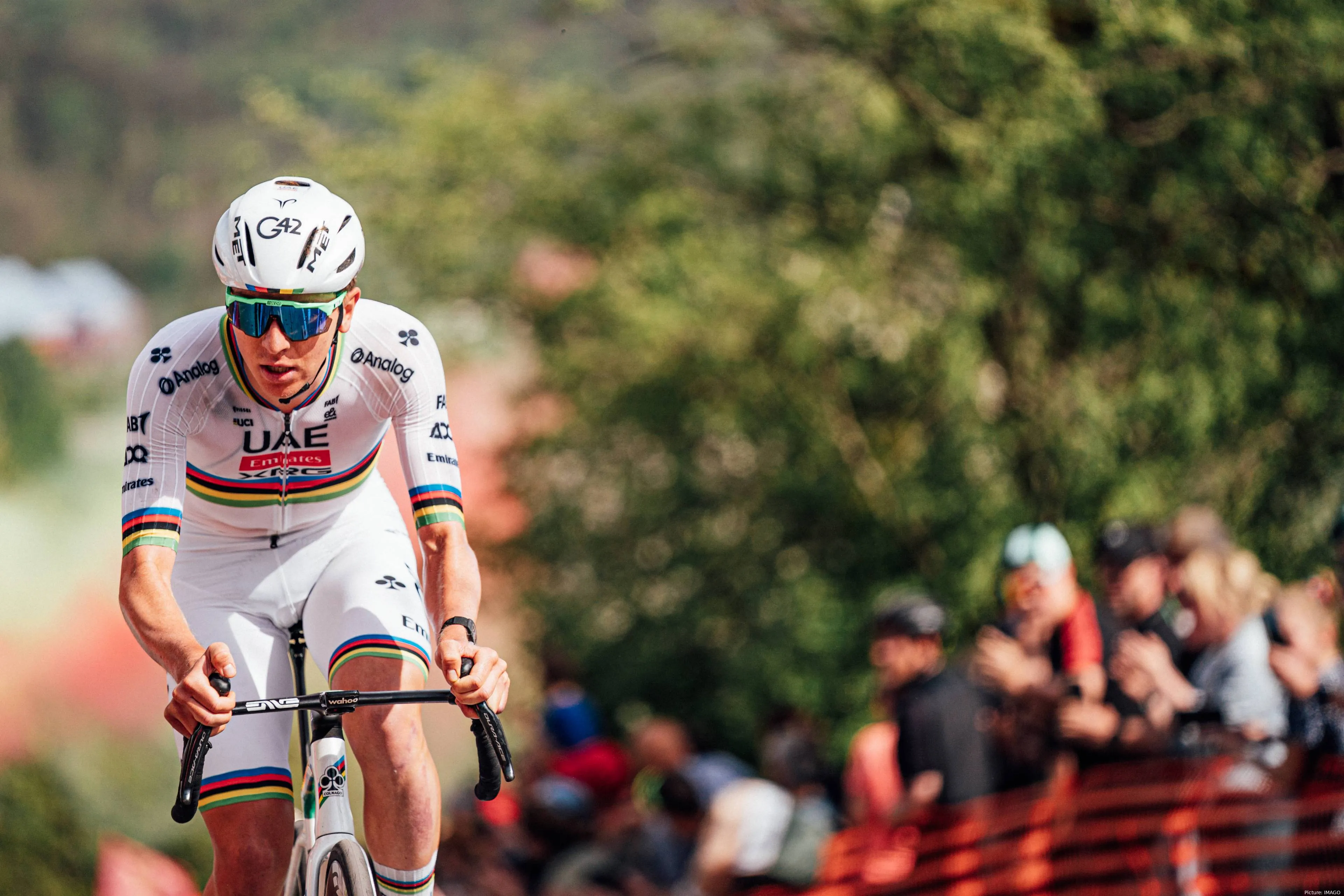
Tadej Pogacar enters the summer of 2025 as the undisputed
best rider in professional cycling. With three Tour de France victories, a Giro
d’Italia title, the rainbow bands of the world champion, and a string of
Monument wins behind him, the Slovenian seems untouchable. Part of this comes from his ability to resist fatigue late into the race.
“Durability has had to become a much bigger focus of how we
train,” said Dan Lorang, head of performance at Red Bull – BORA – hansgrohe.
Speaking to Velo, Lorang explained how racing has shifted. “It’s not the
rider who can push the most when they’re fresh who wins races. It’s who can
push the most after five hours and many thousands of kilojoules of work. That’s
totally changed in the past few years.”
“The crazy big attacks are going earlier, and the whole
peloton is at a higher level,” Lorang said. “Racing is made hard, all of the
time. That means the energy requirements have totally changed. We have to adapt
to that in everything we do for preparation – in nutrition, psychology,
training, all of it.”
Read also
It’s a sentiment shared across the peloton. At Team Visma | Lease
a Bike, the staff working with a super team including two time Tour winner Jonas
Vingegaard and Matteo Jorgenson, are also shifting their mindset.
“We are seeing that durability is something that we have to
understand. Not just as a coaching community, but specifically within the
team,” said Tim Heemskerk, Jonas Vingegaard's coach. “When you see what Pogačar does, it’s obvious we
have to try to understand it.”
Read also
claps 4visitors 4
Just in
Popular news
Latest comments
- “I was portrayed as the devil" Bruyneel was really a talented team manager. His minor flaws: "coordinated, well-funded, and sophisticated doping regime" "hand-in-hand in implementing the team-wide doping programme" "was involved in trafficking and administering prohibited substances and methods, including EPO, blood transfusions, testosterone, human growth hormone, and cortisone. Teammates testified that nothing significant happened without Bruyneel's knowledge and approval." "fostered an environment where doping was considered a "fact of life" and necessary for success, effectively making it a condition of survival on the team. He also participated in or assisted with the cover-up of positive tests and doping violations." Those quotes show Bruyneel's true talent.Cyclingnut18-02-2026
- Fed up hearing "their" voicesslappers6618-02-2026
- When you join Ineos , learning , time , no pressure go out of the windowabstractengineer18-02-2026
- The UCI screws up againcaptmike18-02-2026
- No matter what people say - I'll watch it. And I bet all the complainers will do it too....averagecyclist18-02-2026
- Exactly what I'm thinking about it. Moreover Van Glis had a lot of time to rethink his situation but decided to stay where he was.averagecyclist18-02-2026
- Soler must be pissed at that
 leedorney18-02-2026
leedorney18-02-2026 - Completly agree, Jan was in front of van gils, following Pidcock wheel, it was Van gils who tried to force his way through Jan and the barriers. Are they blaming Jan because he belongs to the richest team that win a lot?
 maria2024202418-02-2026
maria2024202418-02-2026 - Clickbait title, not reality-based. Yawn.itsent18-02-2026
- lame, but probably correctantipodeanpedalfan18-02-2026
Loading
Write a comment
